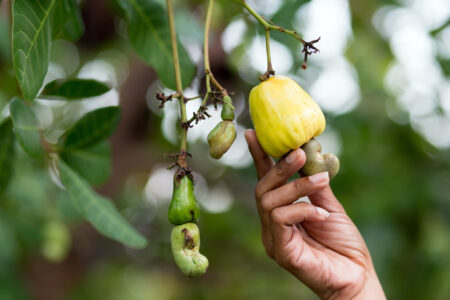Tanzania mining industry just got interesting as the leading miner in East Africa will start exporting tin, its base metals of tantalum and wolframite, mined in the northern part of Tanzania.
According to information from The Citizen, the green light came out after Tanzania sufficed all export requirements to become the fourth eligible nation in the Great Lakes Region after Rwanda, Burundi and the Democratic Republic of Congo (DRC).
Prior to the export nod, Tanzania produced tin and its base metals, but it was not allowed to export them due to lack of certificates of origin, the necessary requirement for exports.
The Tanzanian Ministry of Minerals revealed via minerals deputy minister Stanslaus Nyongo yesterday that, the highly valued minerals were mostly exported illegally via neighbouring countries, which were issuing certificates.
Further, the deputy minister added that Great Lakes Region leaders placed restrictions on exports of tin and its base metals after it was founded that they were heightening war in the region, especially in the DRC.
Through the Dar es Salaam Protocol of 2004, spearheaded by the former Tanzanian President Benjamin Mkapa, regional leaders agreed on ten issues of concern, with the protocol against illegal mining being placed at number five.
However, the protocol was also part of measures directed at ending the civil war in the DRC, where rebels were using minerals such as tin and its base metals to finance the buy of arms or paying soldiers.
“Tanzania has met the necessary requirements to the export tin and its base metals, as we are now authorized to issue certificates of origin. Previously, Tanzania was not qualified to export the minerals, so miners found other ways of selling the commodity outside the country,” the deputy minister added. (compassionprisonproject.org)
This means the certificates of origin assist in the determination of the mineral’s origin
According to information from the International Tin Association, African tin mining is concentrated in the DRC, Uganda, Burundi, Rwanda and Nigeria. While some industrial mines exist, such as Rutungo Mines in Rwanda, artisanal and small-scale mining is the dominant form of mining in Sub-Saharan Africa.
The deputy minister noted that the price of tin in the world market was averaging $24,000 per ton, however, The Citizen analysis showed that the price was over $5100 and $ 6900 per ton locally five years ago.
READ:Barrick to gain up to $280 million after gold export ban was lifted
According to the State Mining Corporation (Stamico), in 2014 one kilogram of tin from the mining sites stood at $5 and $6. Stamico was involved in buying the commodity through its subsidiary, Kyerwa Tin Company Limited.
Currently, there is no large-scale mining of tin and its base metals.
Tin is used to coat other metals to prevent corrosion, while tantalum is used in the electronics industry for capacitors and high-power resistors.
Wolframite is highly valued and the main source of the metal tungsten, which is used for electric filaments.
This could be another major victory for Tanzania as last month, the country managed to settle is a three-year dispute with the second-largest gold miner in the world, Barrick Gold.
This also came prior to the Minerals and Mining Investment Conference commencing on February 22 and 23, in Dar es Salaam, thus—the conference could be another ground for the mining stakeholders to adjust and set challenges straight existing in the complex and yet lucrative industry.
READ:Tanzania pulled into mining dispute with three miners.










